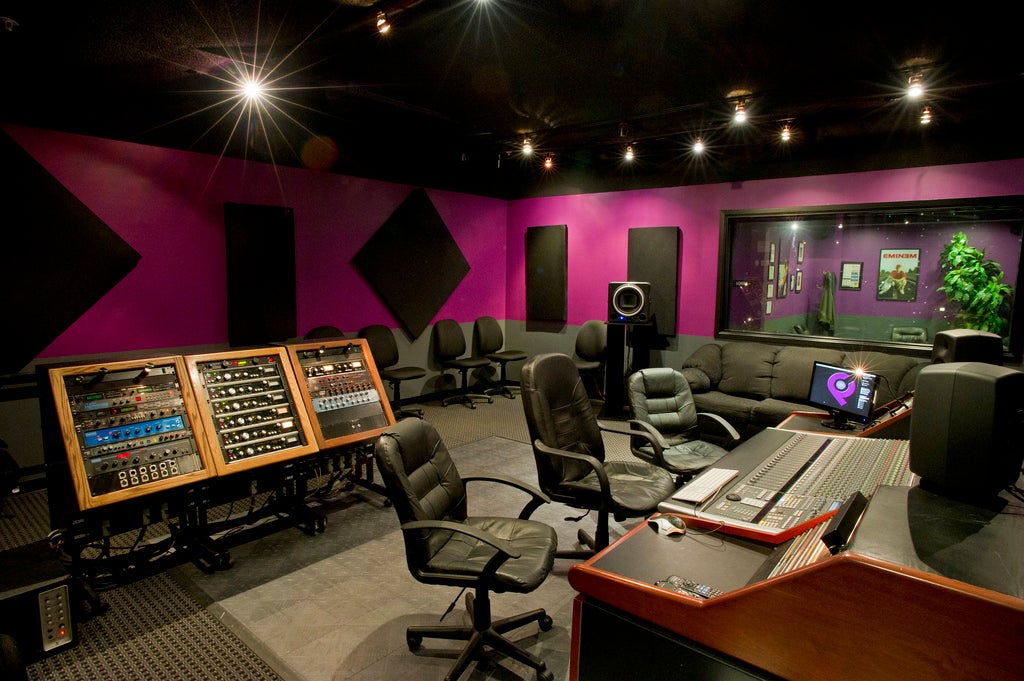Music Production

What courses? Music production; music production and business; music technology; audio production; sound engineering; creative music technology; sound design; and DJ and electronic music production are just some examples of degree titles.
What do you come out with? A foundation degree, a BA or a BSc depending on what course you take. More technological-based degrees will result in a BSc. The creative music technologies course at Kingston University will end in a BMus.
What’s it all about? Learning about the principles of music technology, from sound and acoustics to music composition and production. A knowledge of recording equipment, software, hardware and the current industry environment is also taught across the board. You'll be able to make use of new skills in synthesis, sampling and recording to take your career forwards.
Why do it? "The demand for music in advertising, for sonic branding, film, television, and the Internet is increasing all the time. Students with studio production skills have greater employment opportunities than ever before. Combine these skills with a thorough understanding of the music industry and areas such as copyright, royalties and licensing, and graduates from this type of course will have a head start in commercialising their skills." - Teresa Moore, head of music and events management at Buckinghamshire New University.
Study options: Generally three years full-time, with the option at some universities to take a sandwich year or a year abroad. A mix of tutorials, lectures, lab and studio sessions plus time to study independently.
What will I need to do it? Entry requirements vary but many courses ask for five GCSE passes plus the equivalent of 220 to 240 UCAS points. Plenty are more competitive, with Leeds Metropolitan's course demanding 300 points, with 200 the absolute minimum for consideration.
What are my job prospects? Creative industry jobs are notoriously difficult to score without a ton of determination. If you've got that plus your degree, consider recording companies such as EMI, Sony BMG and Universal. Gigs, festivals, theatre shows and the like all require sound engineers.
Where’s best to do it? The SAE Institute is renowned for music technology and sound engineering, while Buckinghamshire New, Brunel, Birmingham City, Central Lancaster, De Montford and Thames Valley universities all offer music production-based courses. Lancaster has a good reputation, as does Bath Spa and Leeds College of Music.
Related degrees: Music, funnily enough, plus performing arts.
Join our commenting forum
Join thought-provoking conversations, follow other Independent readers and see their replies
Comments
Bookmark popover
Removed from bookmarks